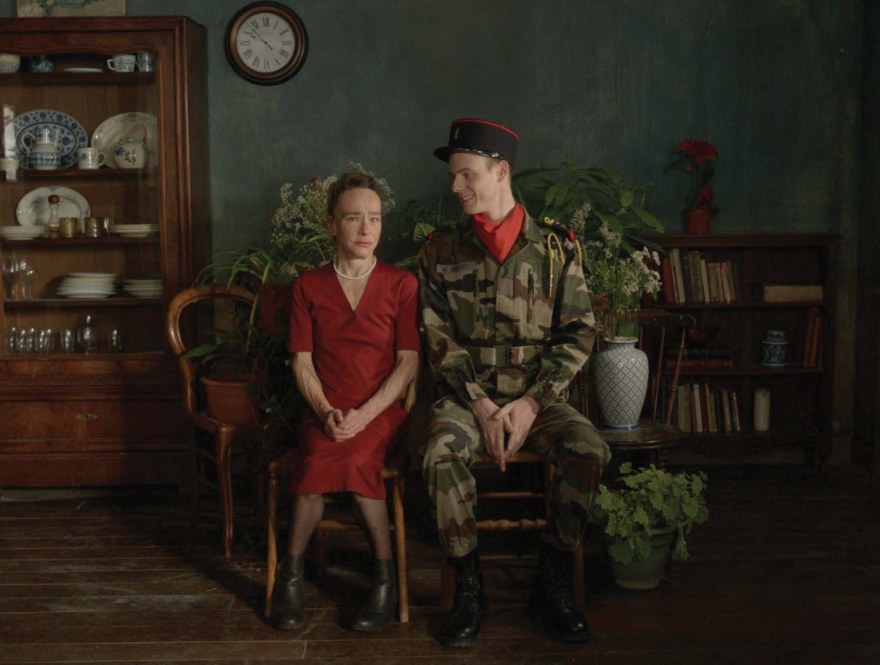Tea time with Soleil d’Hiver [Winter Sun]
An interview with Hong-Kai Liang, director of Soleil d’Hiver [Winter Sun]
What interested you in mixing the present with memories?
It’s an impression that I got when confronting the aging of my parents. In my view, people don’t grow old step by step. And often, suddenly, we feel that the other has gotten old and it’s irreversible. Whereas before that instant, we were stuck in a memory of wounds that keeps repeating itself, time doesn’t advance until the aging of our parents wakes us up and then it’s too late.
And why do you start the film with a sequence of Marin as a child?
… And well, Marin, despite his age, is still stuck in his childhood memory or a feeling of abandonment. That enables us, I hope, to see the film from a different perspective and to understand Marin’s behavior towards his mother at the beginning of the film. I think that my desire to make films comes from the desire to revisit the past and to try to understand and perhaps also to apologize. So, Marin’s childhood lets contradictory emotions steep in the silence between the mother and the son.
Were you more interested in the loneliness of the mother or the feeling of helplessness in Marin?
What I want to show is the cycle of solitude in their relationship. Marin really thought that his mother had abandoned him. He was wrong but, over time, to protect himself he withdraws inside himself and that provokes his mother’s solitude. When he comes back, Marin becomes aware of his mother’s condition and tries to repair the relationship but, once again, they simply cross paths. Thus, Marin’s helplessness.
At what point did you become interested in the parent-child relationship and do you plan to make other films on this subject?
No, not for now. I try to make films where I feel a need. At that moment, I needed to tell a story about a parent-child relationship. Making this film made me go through a fog of memories and enabled me to see a different scene, another need, and so another film. But honestly, I think that I will make more films on this subject later (when I have more courage.)
Did you conceive Soleil d’Hiver as a whole or could it be part of a longer film project?
Soleil d’hiver is a film of and by itself. I think that the short film and the feature length are two radically different art forms. For the short film, I count on the audience’s openness and tolerance to express myself through a visual and audio form that procures feelings, not necessarily through the narrative.
Would you say that the short film format has given you any particular freedom?
The short film format is like fireworks to me. You are instantly delighted by its form, but the story is told afterwards. In the short film I try to summon the viewers’ feelings so that they project their own stories onto it and continue to think beyond the film itself. The short films that I like are always riddles that encourage the spectators to travel in their imagination mixed with memories. The freedom that the short film format provides can be found both with the spectator and the filmmaker. The question of story telling is posed differently and this is something that interests me a lot!
Soleil d’hiver was shown in the National Competition.









